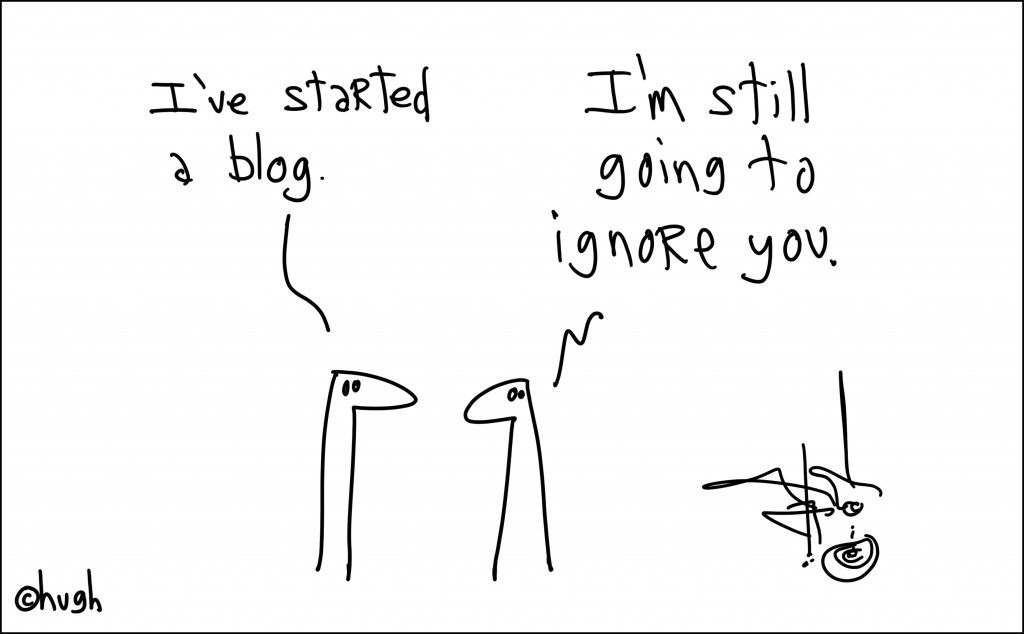
Elephants crossing a river in Tanzania. Photograph by Michael Nichols/National Geographic Creative: A herd of Elephants crosses lake Jipi in Tsavo west to reach human crops and feeding in Tanzania
By Maraya Cornell.
Tanzania’s President Jakaya Kikwete has signed into law a controversial “Cybercrimes Act,” it was announced recently. Critics say the law gives police broad powers of search and seizure and makes it a crime to share information online that the government deems “false” or “misleading.”
One piece of information that would likely fall into the criminal category is the claim that elephant numbers in one of Tanzania’s most important elephant strongholds, the Ruaha-Rungwa ecosystem, plummeted by 60 percent last year, from 20,000 to 8,200.
The figures were allegedly leaked to British News Network ITV by someone with access to results from the Great Elephant Census, the largest pan-African aerial survey of savanna elephants since the 1970s.
A statement by the Environmental Investigation Agency (EIA) says that the leaked numbers “confirm the scale of Tanzania’s elephant crisis,” which is widely regarded as the continent’s worst.
More elephants are killed for ivory in Tanzania than in any other country in Africa, according to an EIA report, “Vanishing Point—Criminality, Corruption and the Devastation of Tanzania’s Elephants,” released last November.
Criminal Information
Not everyone believes the census figures for the Ruaha-Rungwa ecosystem were ready to be published. In a press release, Tanzania National Parks said it “would like to categorically deny” ITV’s report. People contacted from organizations involved in the census expressed frustration that the data had been leaked ahead of an official release.
Whether or not the elephant numbers should have been leaked, and whether or not the figures are accurate, Tweeting or otherwise posting about them online in Tanzania could be grounds for arrest and unlimited imprisonment under the Cybercrimes Act—or a February draft of it, since the final text of the bill still hasn’t been made publicly available.
“Anyone who uses social media” is “vulnerable,” said Ben Taylor, an analyst who consults on open government with the East African organization Twaweza, in an email. That’s especially true of “people working in areas where facts are disputed. This includes anyone working on the Serengeti road issue, for example, or land rights and conflicts, poaching, the social impacts of conservation, etc.”
And the implications for Tanzania’s embattled elephants?
“We can expect that the overall impact of repressing information is going to be devastating for elephants,” says David Blanton, director of Serengeti Watch, a U.S.-based conservation NGO. Poaching in Tanzania, he says, is “taking place on a massive scale.”
Election Season
The Cybercrimes Act, civil society advocates say, also criminalizes whistleblowing. As the October general elections approach, and a united opposition enjoys more public support than ever before, the legislation may signal that the ruling party, Chama Cha Mapinduzi (CCM), hopes to suppress the kinds of corruption allegations that have plagued it in the past.
The president’s signing of the act comes in the midst of intensifying accusations that CCM top brass are involved in ivory trafficking.
The EIA’s report “Vanishing Point” pointed to “collusion between corrupt officials and criminal enterprises” as the explanation for the “unprecedented scale of poaching and ivory smuggling in the country.”
In spite of the EIA’s call for investigations, there’s no evidence that any high-level officials have been charged. The current CCM frontrunner for president is former Prime Minister Edward Lowassa, who resigned in 2008 after he was implicated in an energy deal corruption scandal.
Rolling Back Democratic Reforms:
The Cybercrimes Act is one of a pair of bills recently passed by parliament that journalists say could reverse years of progress on media freedoms. (Download the Kiswahili Analysis of the risk at this link:(CRUEL SECTIONS IN THE CYBER LAW (UNTRANSLATED KISWAHILI ANALYSIS)
[The Acts] could make Tanzania “one of the harshest territories for publishing firms, researchers and academicians to work,” wrote the East African, a regional newspaper that the Tanzanian government banned in January.
The “Statistics Act” appears to be the “legal framework” for a project, partially funded by the World Bank, to modernize Tanzania’s national statistics system. But language in a draft of the bill dated June 7, 2013—the final text of this bill isn’t publicly available either—would make it a crime to publish any unofficial statistical data, or any statistical data the government considers “false” or “misleading.”
“If rumors of this legislation are true, it poses an enormous threat to Tanzanian wildlife,” wrote investigative journalist and National Geographic Fellow Bryan Christy in an email. Wildlife’s “most important protection over the past decade has been work by journalists and NGOs to tell what’s happening inside Tanzania, even while the country’s leadership has blocked or slowed publication of real data.”
According to a petition by Serengeti Watch, “The effect of these laws would be devastating for reporting on human rights, controlling wildlife crime, protecting wildlife, and spreading education and awareness among Tanzanians.”
The two bills have raised a spirited outcry among Tanzanian journalists, human rights activists, and civil society leaders. The European Union reportedly urged President Kikwete to heed calls for him to not sign the bills.
Following the announcement that President Kikwete had signed the Cybercrimes Act, the Tanzanian Human Rights Defenders Coalition (THRD) promised to challenge the law in court. As of yet, there is no official word about whether Kikwete has signed the Statistics Act. {Article originally posted by Guest Blogger in A Voice for Elephants. Maraya Cornell is a freelance writer based in Los Angeles.)




